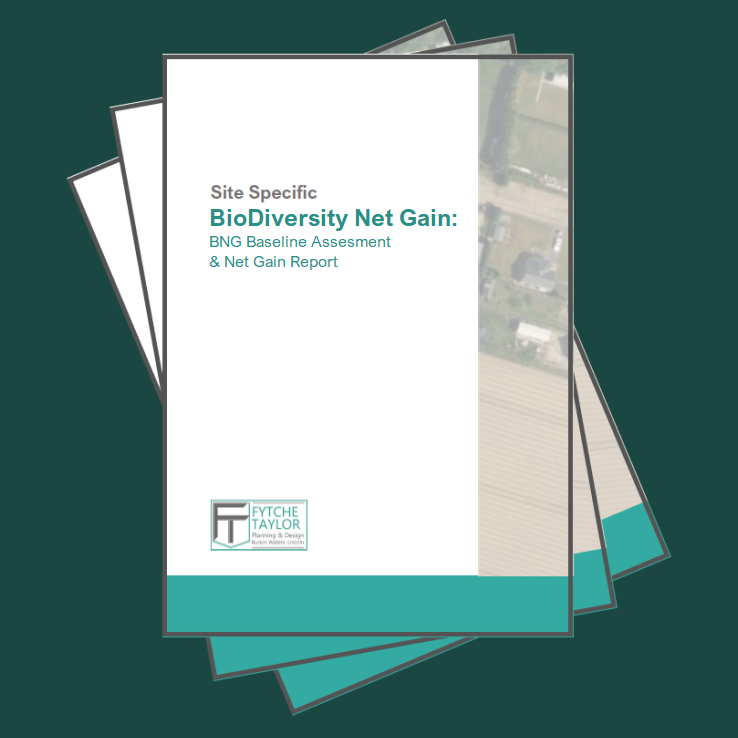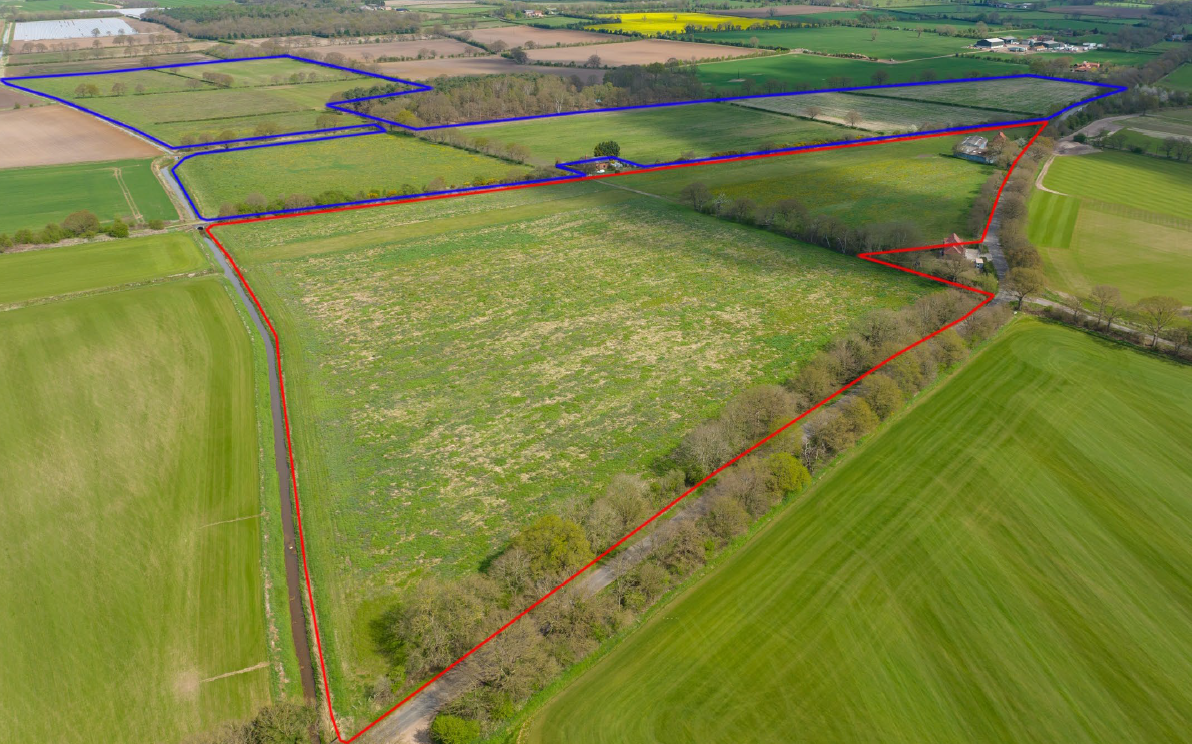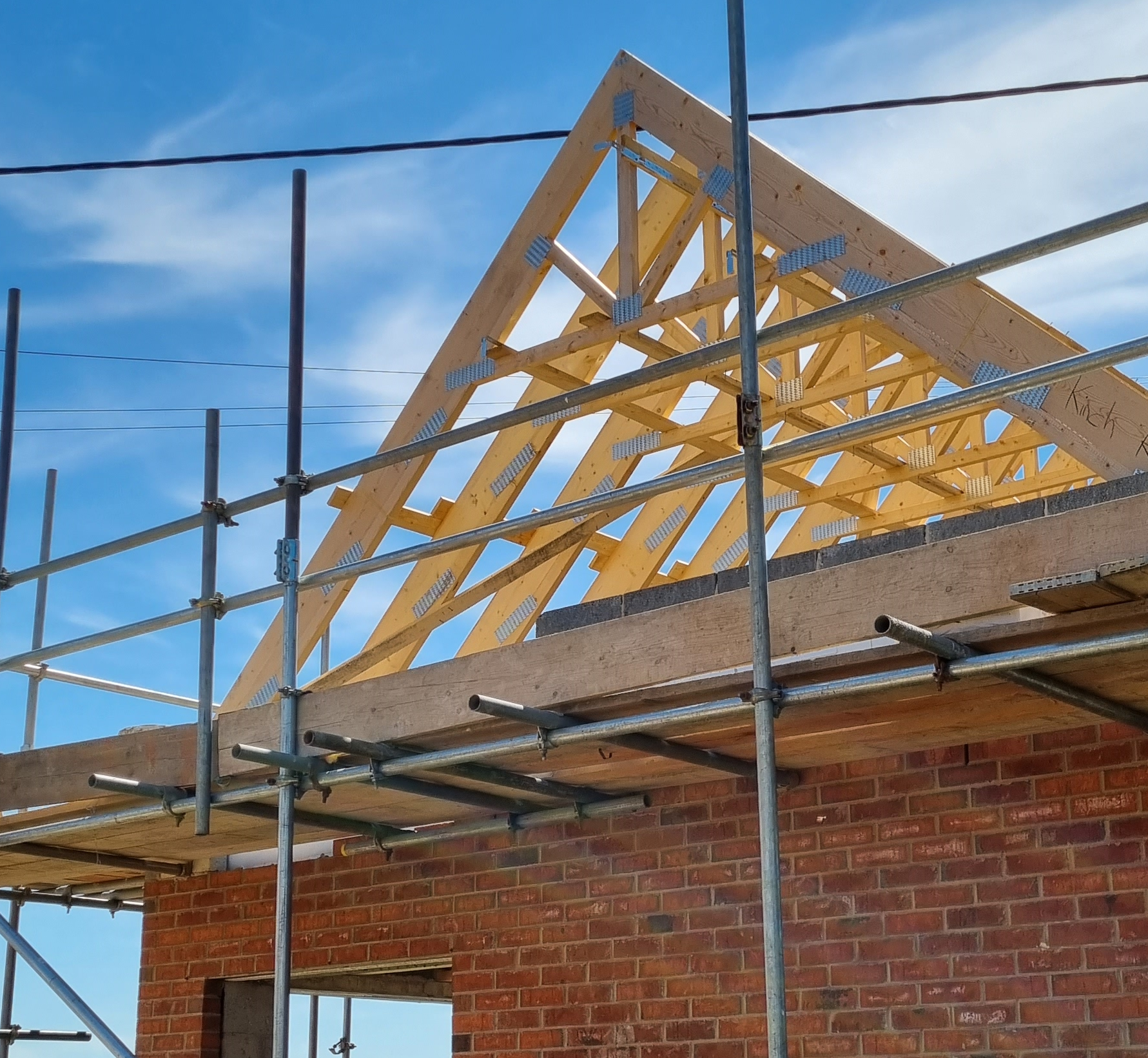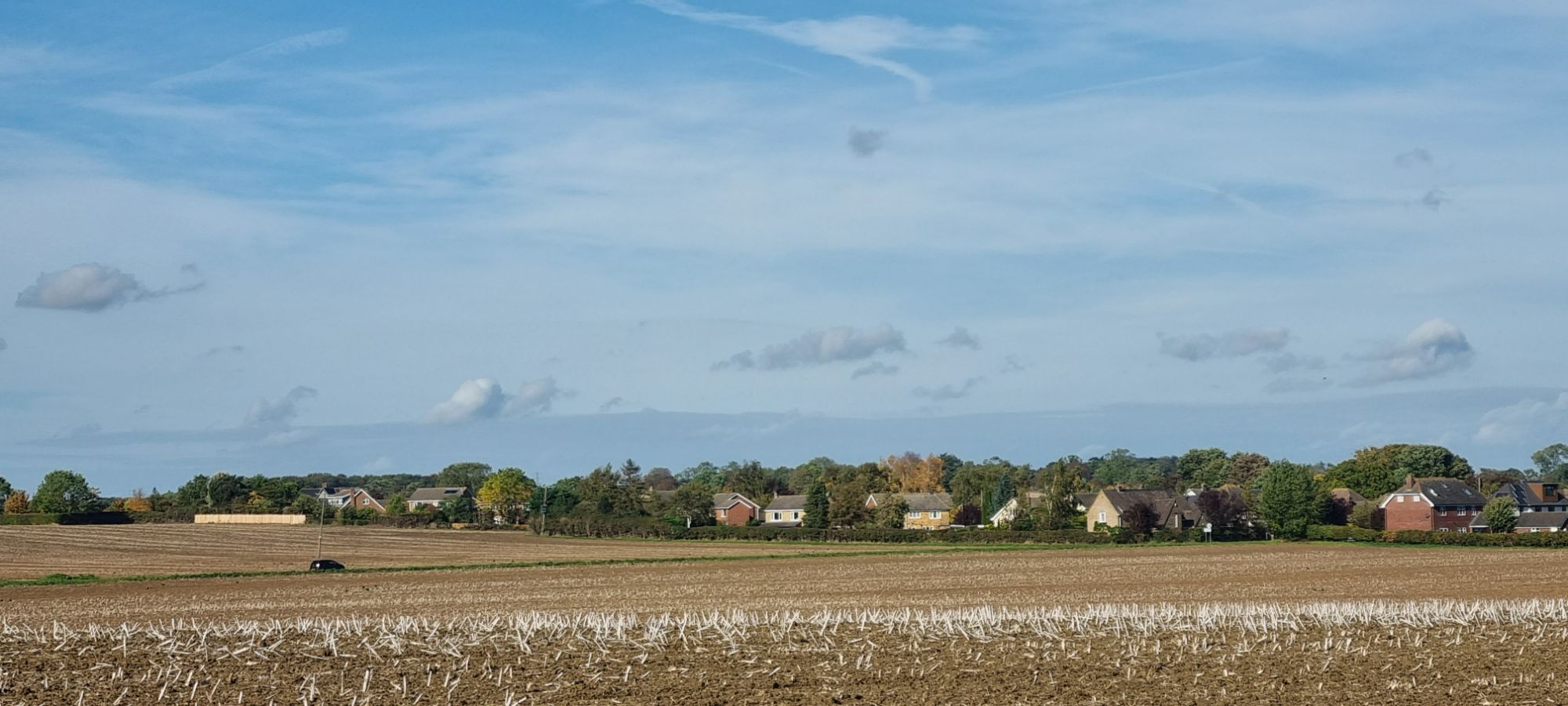Biodiversity Net Gain (BNG)
Advice from our planning consultants to help develop your Baseline Assessments & Net Gain Reports
Biodiversity Net Gain (BNG) is now a mandatory policy that requires development projects to leave biodiversity in a better state than before the development started.
Developers must achieve a measurable 10% increase in biodiversity, maintained for at least 30 years, through habitat creation or enhancement. It applies now and affects most new developments in England under the Environment Act 2021, with implementation starting back in 2024.
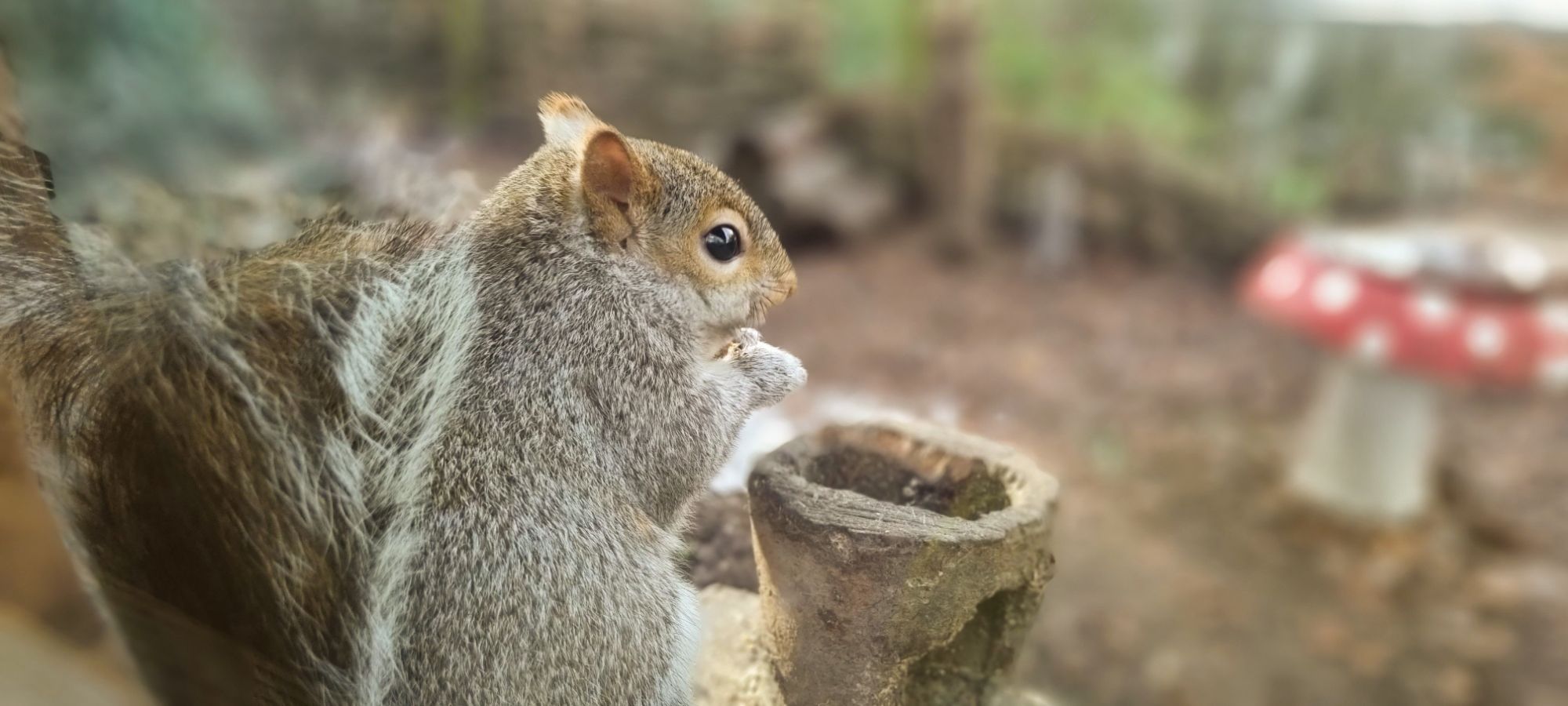
BNG Baseline & Net Gain Reports: The new requirements mean that applicants are required to submit reports that assess the baseline position, which sets out the biodiversity value of a site before any development work starts, and then calculate what the development will need to include to enhance biodiversity standards and achieve a net gain.
This will be set out in a BNG Baseline Assessment and Net Gain Report, submitted as part of the planning application. Where on-site enhancement is limited or not possible, or sites are exempt, off-site provision can be considered.
This is a mandatory requirement and will usually require the appointment of an ecologist who we will work alongside when developing your site plans. The ecologist will carry out the surveys and prepare the report that will form part of your planning application. The requirements for BNG can be complex and in some cases difficult to achieve, and therefore the planning requirements should always be properly scoped before appointing an ecologist or finalising any site designs, and prior to submitting your application.
Our team can help guide this process by providing practical advice and by appointing the necessary consultants on your behalf to ensure your application meets BNG requirements.
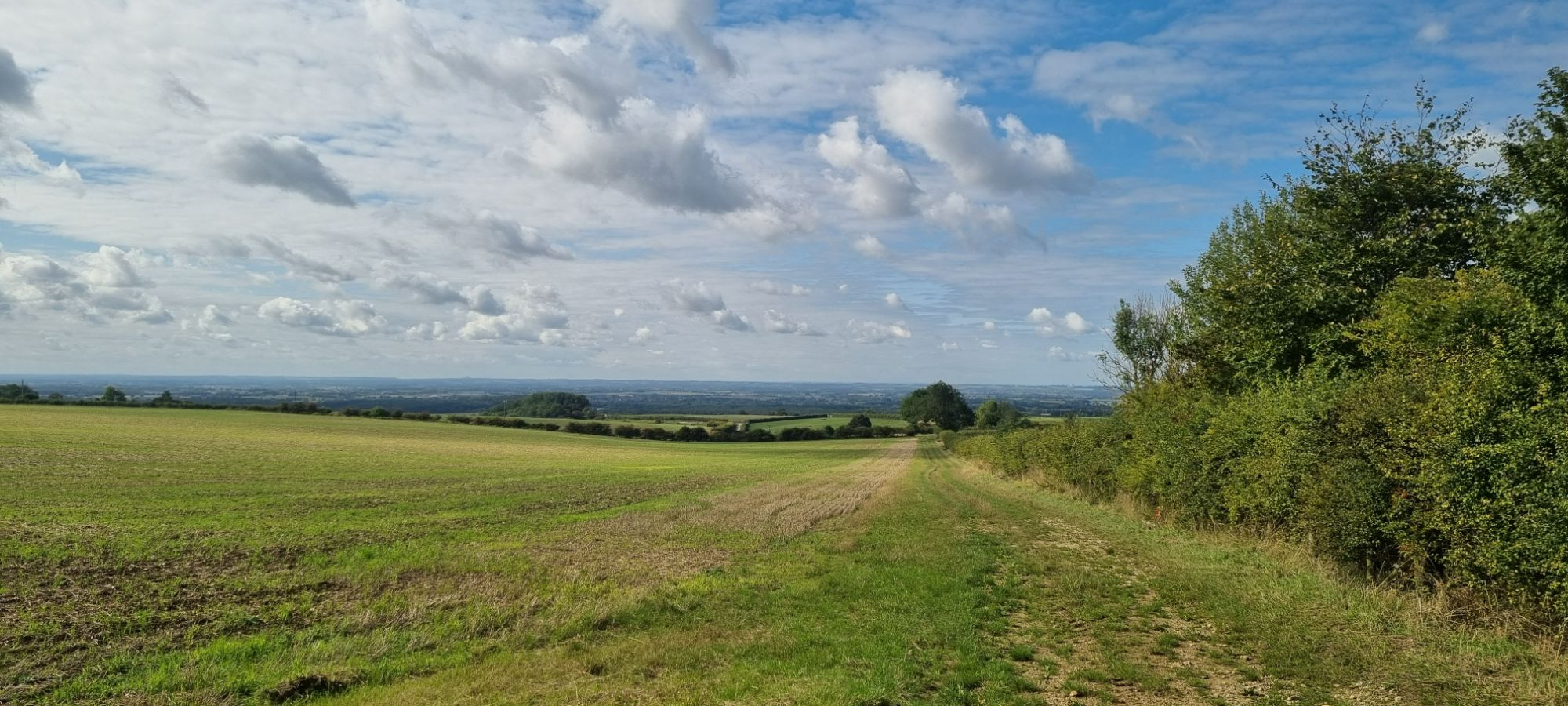
What is Biodiversity Net Gain (BNG)? BNG is an approach to the recovery of nature through the planning and development process. It aims to leave habitat for wildlife in a measurably better state than it was before a development occurred. This means protecting existing habitats and ensuring that lost or degraded habitats are compensated for by enhancing or creating habitats that are of greater value to wildlife and people. BNG can be achieved on-site, off-site or through a combination of on-site and off-site measures.
BNG allows applicants to work with local authorities, wildlife groups, landowners and other stakeholders to ensure habitats for wildlife are enhanced with a demonstrable increase in biodiversity compared to the pre-development baseline. The aim is to create bigger, better and more joined up habitats in which wildlife can thrive.
Get the best advice – When a planning application is delayed or refused it can be very costly, both in fees and time. Our team of planning experts have significant local authority experience, including working on the Central Lincolnshire plan, and an exemplary track record of success with making planning applications.

